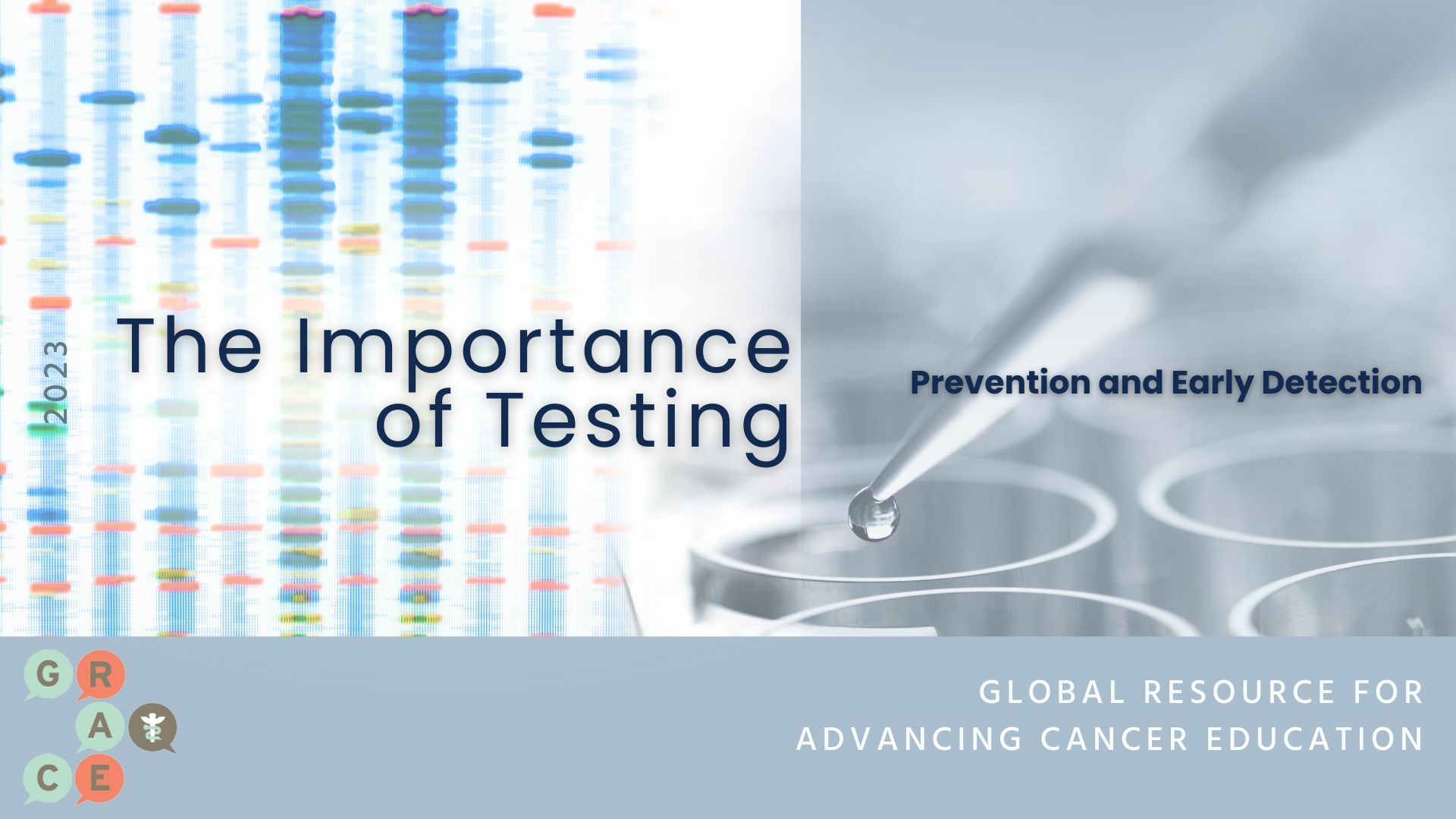Article and Video CATEGORIES
LM is a 73 year old patient of mine. She typifies the idea of functional age over chronologic age —physiologically, she’s more like a 50 year-old and remains extremely active despite having had lung cancer since the spring of 2006. The targeted therapy Tarceva (erlotinib) was her first treatment, which worked for over two years. She was then treated with three different cytotoxic chemotherapy regimens, with a theme of response followed by progression. Each time, the progression was caught on imaging before she suffered any bad cancer symptoms, and treatment with each of these three regimens went well, with fairly minimal side effects. This strategy worked for a year until this summer, when she progressed again. We switched her therapy to taxol (paclitaxel), with the thought that she might again respond with minimal side effects. Unfortunately, she suffered from a low white blood cell count (neutropenia) and severe fatigue. We then tried navelbine (vinorelbine), but she progressed. She is very motivated for additional therapy but wishes to avoid cytotoxic agents. Because she is an Asian never-smoker with an adenocarcinoma and a history of two-year response to Tarceva, I assume that she had a mutation in the epidermal growth factor receptor (EGFR) and then developed resistance. Are additional agents available to her?
Many people in the GRACE community are quite familiar with the epidermal growth factor receptor (EGFR), but for those wishing a review, I refer you to a review post on EGFR and the potential efficacy of agents targeting this molecule, particularly if these patients have a specific mutation that activates the cascade of cell growth and division it helps to regulate. My institution does not have a second line tyrosine kinase inhibitor (TKI) study open, so I searched clintrials.gov for a good study that my patient could consider. A variety of trials take various approaches to this problem. We discussed the scientific merits of each of the available trials. She has relatives in Boston and frequently travels there, so she ultimately chose one up there. My literature search, however, revealed some early stage scientific work, just published in Nature that I think is very exciting. I’d like to share it with you. Last year, Dr. Pennell reviewed the major mutations in the epidermal growth factor receptor (EGFR) and explained that emergence of the T790M mutation is the most common reason that a patient on iressa or tarceva will develop resistance. So can we develop a drug that inhibits mutant EGFR, including those bearing T790M? And if we’re going to develop such a drug, wouldn’t it be nice if didn’t cause the skin rash and diarrhea that sometimes plague patients on EGFR TKIs? Oh, and since I’m going to blog about this on GRACE, perhaps we could even have a beautiful crystalline structure? Ned’s been out-nerding me lately and I need to catch up. Thanks.  (click on image to enlarge) You’re looking at the crystal structure of a new compound, WZ4002 bound to EGFR mutated for T790M. WZ4002 is one of three new compounds designed specifically to bind to and inhibit T790M-mutated EGFR. Importantly, WZ4002 does not inhibit wild-type EGFR; thus, it may have less effect on normal body cells and not cause diarrhea or rash like iressa and tarceva. Last month, I discussed how to vet a treatment idea and showed the progression from idea to new drug. That slide is reproduced below:
(click on image to enlarge) You’re looking at the crystal structure of a new compound, WZ4002 bound to EGFR mutated for T790M. WZ4002 is one of three new compounds designed specifically to bind to and inhibit T790M-mutated EGFR. Importantly, WZ4002 does not inhibit wild-type EGFR; thus, it may have less effect on normal body cells and not cause diarrhea or rash like iressa and tarceva. Last month, I discussed how to vet a treatment idea and showed the progression from idea to new drug. That slide is reproduced below:  WZ4002 is a compound that can inhibit T790M EGFR in the laboratory cells without inhibiting normal EGFR. Next is to show that it can actually inhibit the growth of these cells—it did. So far so good, so on to mice.
WZ4002 is a compound that can inhibit T790M EGFR in the laboratory cells without inhibiting normal EGFR. Next is to show that it can actually inhibit the growth of these cells—it did. So far so good, so on to mice.  On the far left are the MRIs of two rodents with lung cancer pre-treatment. Both have the L858R/T790M EGFR mutations. The rodent on the top is treated with placebo, and the rodent on the bottom with WZ4002. Only the rodent with WZ4002 has significant tumor shrinkage. The same is true for the rodents on the right with a different EGFR mutation/resistance — these rodents have lung cancer with the famous del19/T790M. The rodent on the bottom, treated with WZ4002, gets a response, but his unfortunate cage-mate, above, treated with placebo, does not. Clinically effective doses could be safely reached in the mice. While toxicity in a mouse cannot be definitively assessed because mice can’t talk to you, there was no evidence of significant toxicity, changes in kidney function or white blood cell counts. Finally, in an online-only appendix (Nature is very strict about length limits) the authors reported their results on treating three different cells lines many times with three different TKIs — Iressa (gefitinib), HKI-272 (an older irreversible TKI) and WZ4002. With WZ4002, no cells were detected with T790M. This new compound seems sufficiently promising in the lab to move on to phase I testing. Searches of clintrials.gov and Google did not reveal an ongoing study, but I’m hopeful that one is in the planning stages.
On the far left are the MRIs of two rodents with lung cancer pre-treatment. Both have the L858R/T790M EGFR mutations. The rodent on the top is treated with placebo, and the rodent on the bottom with WZ4002. Only the rodent with WZ4002 has significant tumor shrinkage. The same is true for the rodents on the right with a different EGFR mutation/resistance — these rodents have lung cancer with the famous del19/T790M. The rodent on the bottom, treated with WZ4002, gets a response, but his unfortunate cage-mate, above, treated with placebo, does not. Clinically effective doses could be safely reached in the mice. While toxicity in a mouse cannot be definitively assessed because mice can’t talk to you, there was no evidence of significant toxicity, changes in kidney function or white blood cell counts. Finally, in an online-only appendix (Nature is very strict about length limits) the authors reported their results on treating three different cells lines many times with three different TKIs — Iressa (gefitinib), HKI-272 (an older irreversible TKI) and WZ4002. With WZ4002, no cells were detected with T790M. This new compound seems sufficiently promising in the lab to move on to phase I testing. Searches of clintrials.gov and Google did not reveal an ongoing study, but I’m hopeful that one is in the planning stages.
Please feel free to offer comments and raise questions in our
discussion forums.
Forum Discussions
Waiting for my appointment with oncologist this morning. Thank you for the response. It helps. <3
It sounds like you’re thinking of this in a very appropriate way. Specifically, it sounds like the growth of the nodule is rather modest, though keep in mind that the change...
Hi and welcome to GRACE. I'm sorry your mom is having this difficulty. An indwelling catheter is used when the pleura space continually fills and the catheter is always there to...
Hi Oaktowngrrl, Welcome to Grace. I'm so sorry you're going through this.
Finding a reputable dedicated thoracic surgeon for lung surgery might be difficult, as it is a complex and...





Hi Blaze,
As much as I hate to say it, Welcome back Blaze. It sounds like you're otherwise feeling good and enjoying life which is a wonderful place to be. ...